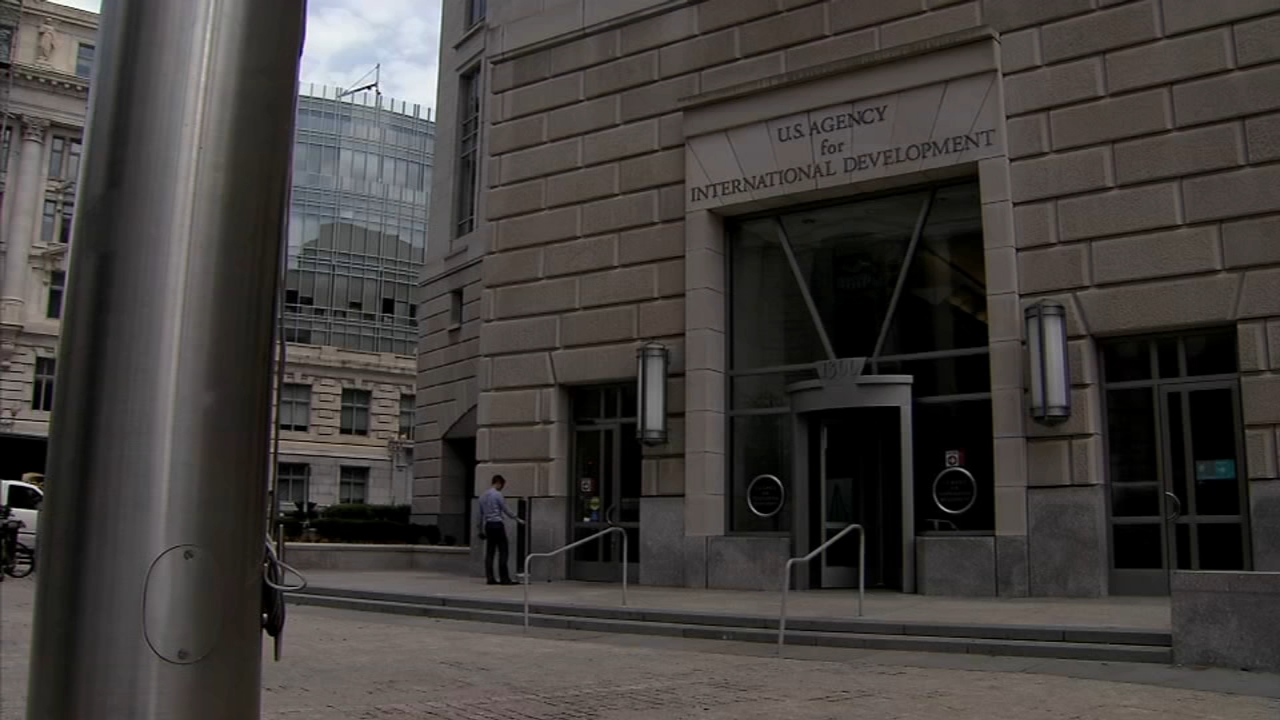What's in store for California's new water year? Experts say 'extremes are getting more extreme'

LOS ANGELES (KABC) -- Extreme weather and our changing climate means that forecasting has become even more important.
To help you become more climate-ready, ABC News and the ABC Owned Television Stations have teamed up to help you navigate this new reality.
What's in store for California's water year?
The state's water year begins October 12 and ends September 30 of next year.
Typically, fall rain starts in October then the bulk of California's rain falls from December to February. April is when we see peak snowpack. So what will this year look like? Climate experts are warning to be ready for some extremes.
"What we're seeing in the forecast right now is that we're likely off to another late start to the wet season," said Dr. Michael Anderson, who serves as the official State Climatologist for California. "Meaning, the dry conditions continuing and certainly still seeing the above-normal temperatures."
High pressure is also in the mix, meaning rainfall could be delayed this year.
"That can happen as high pressure kind of keeps things, pushing storms to the north and we're seeing that right now with almost all the [precipitation] activity hitting the very southern end of Alaska and northern British Columbia," said Anderson.
But when it arrives, forecasters are urging people to be ready seeing as to we could see more extreme rain events during dry seasons.
"The one constant we are seeing is that extremes are getting more extreme," said Jason Ince with the California Department of Water Resources. "Our droughts are getting longer and hotter, our big storms are getting stronger since warmer air can hold more moisture."
Forecasters are also on the lookout for Santa Ana and Diablo wind events this fall and the potential for decaying tropical systems to cause thunderstorms, which are both concerning for fire crews.
"We end up with some pretty good [precipitation] events sometimes with some thunderstorms, but those thunderstorms, if they're dry can be fire starters which can be a problem," said Anderson.
Our water demand is the highest from May to August but remember, this September started out dangerously hot in California so were still on the tail end of this season. Well finish this water year end of September. To learn more on the new water year, click here.
This story is part of our Climate Ready series - a collaboration between ABC News and the ABC Owned Television Stations focused on providing practical solutions to help you and your family adapt to extreme weather events and the current challenges of climate change.
Click here for all the stories and videos in our Climate Ready series.











